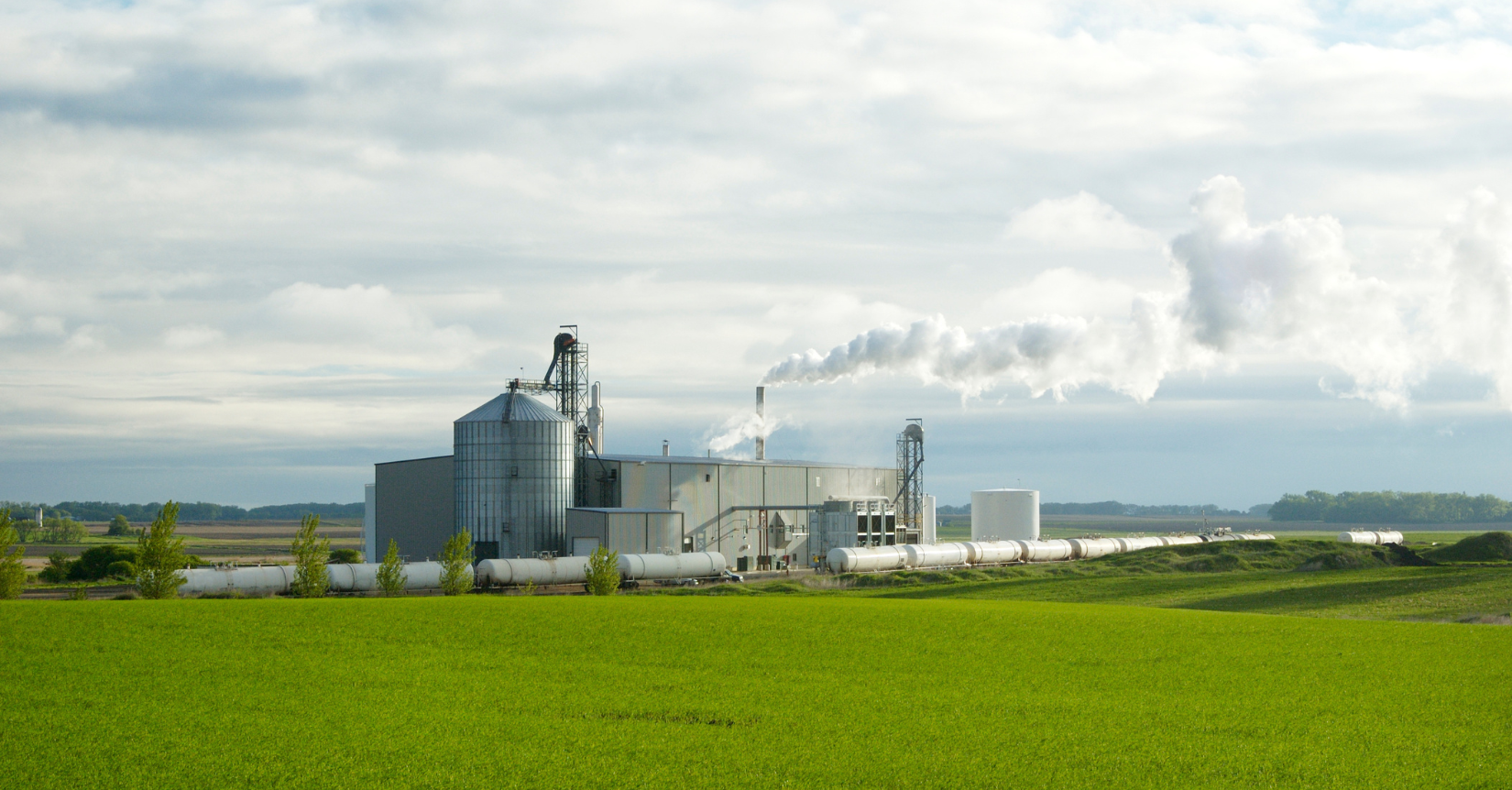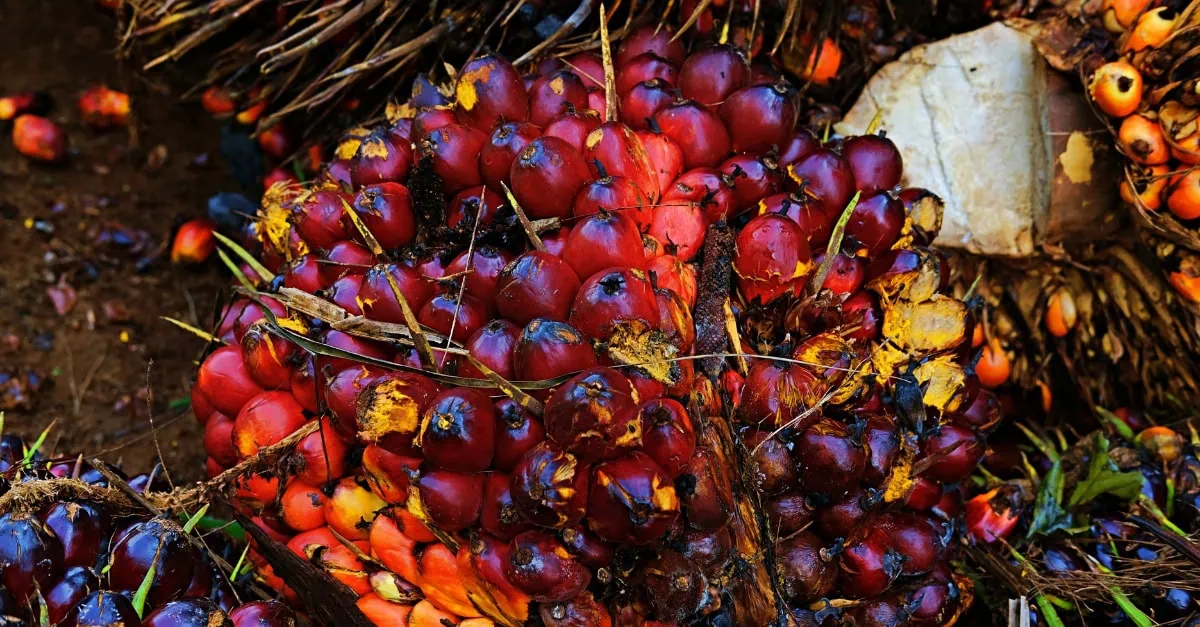Major supply disruption and strong petroleum diesel prices drive biodiesel values higher across key trading hubs
June 12, 2025 – Week 24 Market Update
The global biodiesel market experienced significant price volatility this week as traders responded to a major supply disruption in Europe and strengthening petroleum diesel fundamentals. FOB ARA biodiesel prices climbed substantially, with market participants closely monitoring developments following the temporary suspension of ISCC certification for a major European biorefinery.
Key market developments
Supply chain disruption hits European HVO production
The biodiesel complex received a major shock this week following the temporary suspension of ISCC certification for Preem’s Gothenburg biorefinery, one of Europe’s largest HVO producers. The suspension has raised immediate concerns about reduced supply availability in an already tight market, contributing to upward pressure on both HVO and conventional biodiesel prices.
Market sources report that the certification issue comes at a particularly challenging time, with European biodiesel inventories remaining below historical averages and strong demand from multiple sectors maintaining pressure on available supplies.
LSGO strength provides fundamental support
Low sulfur gas oil (LSGO) prices provided additional support to the biodiesel complex, with nearby LSGO values climbing $26/mt to reach $632/mt. The petroleum diesel strength reflected broader optimism in energy markets following positive signals from US-China trade discussions, though geopolitical tensions around US-Iran and Russia-Ukraine negotiations continue to create uncertainty.
OPEC+ production decisions remain a key focus for market participants, with the producer group showing no urgency to increase output in the near term, supporting the current price environment.
Global policy and demand trends
Asia-Pacific mandates drive regional activity
The Asia-Pacific region continues to see significant policy developments affecting biodiesel demand. Malaysia announced plans to upgrade its palm-based biodiesel blend for airport ground transport from B10 to B20, part of its broader strategy to achieve net-zero emissions by 2050. The initiative builds on successful implementations in Labuan, Langkawi, and Sarawak.
Meanwhile, the Philippines’ National Biofuels Board expressed support for suspending planned increases in coco-methyl ester blending ratios, citing inflation concerns driven by elevated copra prices. The decision reflects the ongoing challenge of balancing environmental objectives with economic considerations in emerging markets.
Trade flow adjustments continue
Hong Kong’s domestic biodiesel consumption has increased notably since the European Union imposed anti-dumping tariffs on Chinese biodiesel in August 2024. With over 90% of Hong Kong’s biodiesel previously exported, the trade disruption has created opportunities for increased local consumption across construction and other sectors.
Feedstock market dynamics
Used cooking oil maintains stability
Used cooking oil (UCO) markets showed relative stability this week, with EXW Netherlands benchmarks remaining largely unchanged. However, market participants noted wide bid-offer spreads of $20-30/mt, indicating cautious trading conditions.
European Commission data revealed that EU UCO imports reached 165,513 mt in May, representing a significant 43,000 mt increase from April and 42,000 mt higher than May 2024 levels. The strong import activity contrasts with declining US UCO imports, which dropped to 97,000 mt in April from 231,000 mt in March.
Vegetable oil complex shows mixed trends
The broader vegetable oil market displayed mixed performance, with palm oil declining due to Malaysian stock build-up while rapeseed oil gained support from supply concerns. European rapeseed production forecasts continue to face downward revisions, with Strategie Grains lowering its EU estimate from 19 million tons to 18.6 million tons for MY 2025/26.
Market outlook and analysis
The biodiesel market faces a complex set of factors in the coming weeks, with supply-side concerns balanced against evolving demand patterns and policy developments. The temporary suspension of ISCC certification for a major European producer highlights the importance of certification compliance in the renewable fuels sector, while broader energy market strength provides fundamental support.
Trade flow adjustments continue to reshape global biodiesel markets, with policy decisions in both producing and consuming regions creating new opportunities and challenges for market participants.
Access the full week 25 market analysis on the Vesper platform here: https://app.vespertool.com/market-analysis/2008





